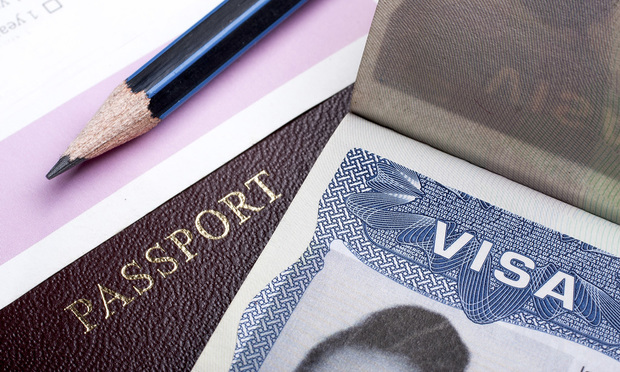China Eases Immigration Rules to Attract Overseas Talent
July 25, 2019 | BY
Marilyn RomeroIn July, China introduced more relaxed immigration rules in a bid to attract highly-skilled overseas workers to combat the country's severe shortage of talent.
China's quest to become a global powerhouse in technology and other highly skilled industries has been hitting a roadblock due to a severe local talent shortage. LinkedIn statistics, for example, show that China trails the U.S. in terms of technology professionals working in the artificial intelligence, or AI, sector. As of March, the U.S. had 850,000 AI workers while China had just over 50,000; ranking it seventh, behind India, the U.K. and Canada. About nine out of 10 AI positions advertised on the mainland go unfilled, forcing companies to venture out of China to hire, according to LinkedIn.
Furthermore, as the Trump administration pressures American firms to desist doing business with Chinese companies, China is seeking to cut its reliance on U.S. suppliers by further boosting its domestic manufacturing capabilities, especially in the technology sector. This requires assembling quickly a large pool of diverse and highly skilled talent that can only be drawn from overseas.
This premium content is reserved for
China Law & Practice Subscribers.
A Premium Subscription Provides:
- A database of over 3,000 essential documents including key PRC legislation translated into English
- A choice of newsletters to alert you to changes affecting your business including sector specific updates
- Premium access to the mobile optimized site for timely analysis that guides you through China's ever-changing business environment
Already a subscriber? Log In Now





